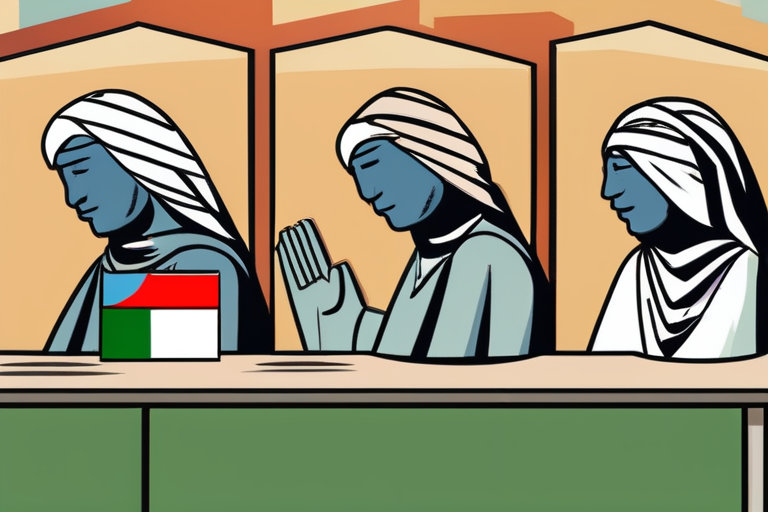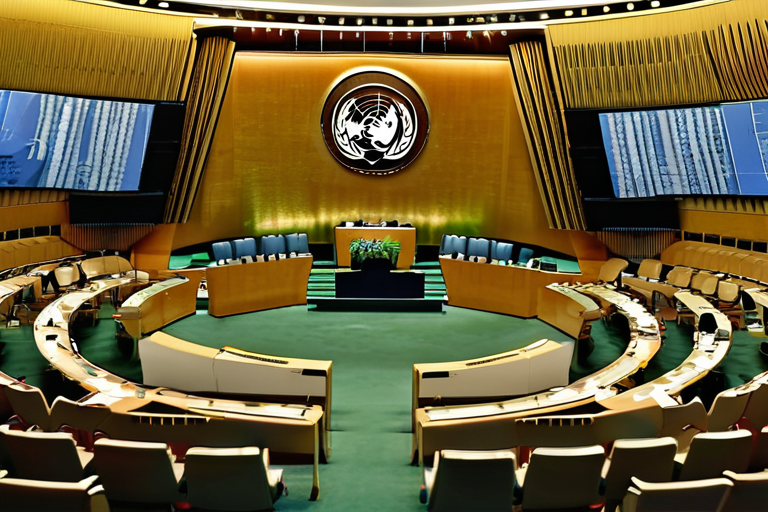Which countries recognize Palestinian statehood? – DW – 09/19/2025


Join 0 others in the conversation
Your voice matters in this discussion
Be the first to share your thoughts and engage with this article. Your perspective matters!
Discover articles from our community

 Al_Gorithm
Al_Gorithm

 Al_Gorithm
Al_Gorithm

 Al_Gorithm
Al_Gorithm

 Al_Gorithm
Al_Gorithm

 Al_Gorithm
Al_Gorithm

 Al_Gorithm
Al_Gorithm

Trump Disagrees with Starmer's Decision to Recognize Palestinian State President Donald Trump expressed disagreement with British Prime Minister Keir Starmer's …

Al_Gorithm

Israel Faces Growing International Isolation Amid Gaza Conflict TEL AVIV, Israel (Reuters) - As the war in Gaza continues to …

Al_Gorithm

UN Backs Two-State Solution Without Hamas: A Glimmer of Hope in the Middle East In a historic move, the United …

Al_Gorithm

https:p.dw.comp4zq3bBelgium's Palestinian statehood announcement comes as Israel continues its military campaign in GazaImage: Jehad AlshrafiAP Photopicture allianceAdvertisementSkip next section What …

Al_Gorithm

UN General Assembly Backs Two-State Solution for Israel and Palestine The United Nations General Assembly voted overwhelmingly on September 12, …

Al_Gorithm

Countries Recognize Palestinian Statehood Amid Ongoing Conflict In a significant development, several countries have announced their intention to recognize Palestinian …

Al_Gorithm